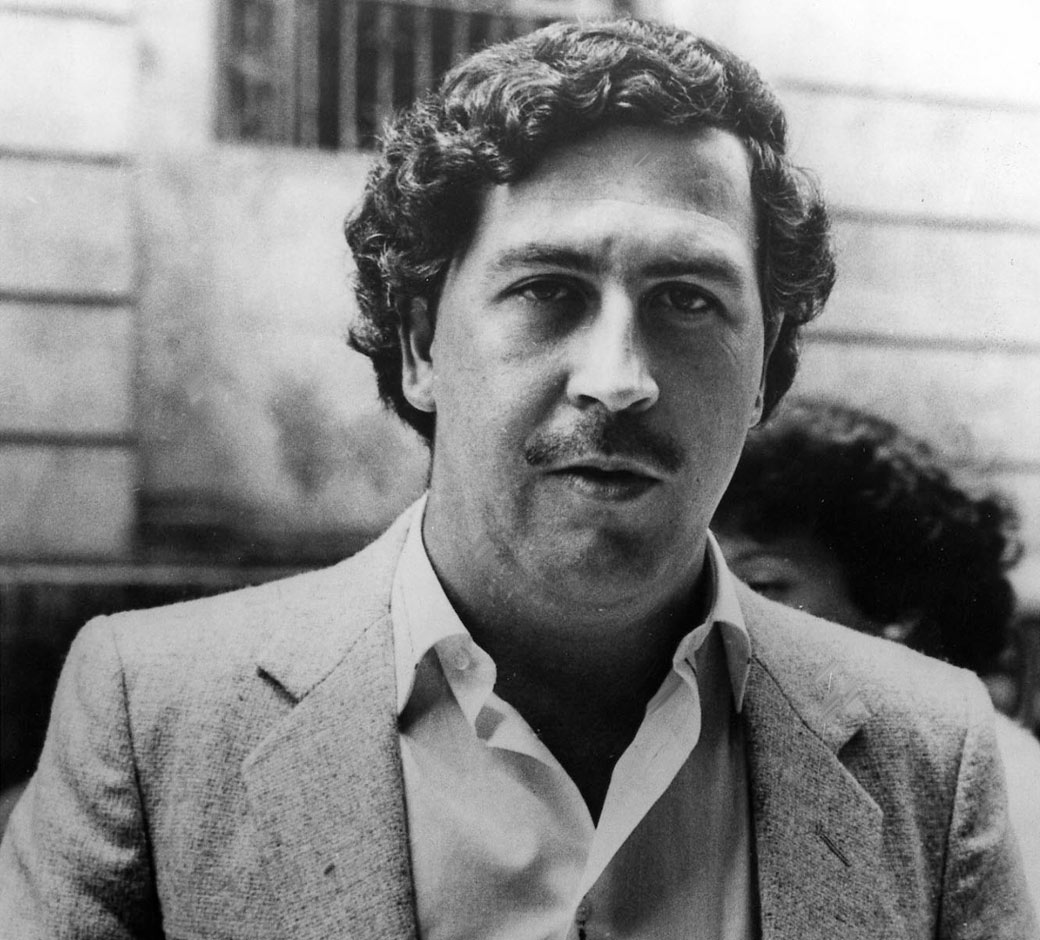Pablo Escobar: The King Of Cocaine
Pablo Escobar is a name synonymous with power, wealth, and infamy. As one of the most notorious drug lords in history, he built an empire that made him one of the richest men in the world. His life story is not just about crime; it’s a complex narrative of ambition, violence, and the socioeconomic factors that enabled his rise. In this article, we will delve deep into the life of Pablo Escobar, exploring his biography, the Medellín Cartel, his impact on Colombia, and the legacy he left behind.
Born on December 1, 1949, in Rionegro, Colombia, Escobar grew up in a modest environment. He started his criminal career at a young age, engaging in petty crimes before quickly moving up the ranks. The 1980s saw him become the leader of the Medellín Cartel, which was responsible for the majority of the cocaine smuggled into the United States. Despite his criminal activities, Escobar often portrayed himself as a Robin Hood figure, providing for the impoverished communities in Colombia which garnered him significant public support.
As we explore the intricate details of Pablo Escobar’s life, we will also touch upon the consequences of his actions, the violence that plagued Colombia during his reign, and how his story serves as a cautionary tale of the drug trade's impact on society. Let’s dive into the multifaceted life of Pablo Escobar and understand how he became an infamous figure in world history.
Table of Contents
- Biography of Pablo Escobar
- Early Life and Background
- Rise to Power
- The Medellín Cartel
- Philanthropic Efforts and Public Image
- Violence and Legacy
- Death of Pablo Escobar
- Conclusion
Biography of Pablo Escobar
Pablo Emilio Escobar Gaviria was born to a middle-class family in Rionegro, Colombia. His father was a farmer, and his mother was a schoolteacher. Escobar was known for his intelligence and was an excellent student, but he soon became disillusioned with the legal means of achieving success. He began engaging in various criminal activities, which eventually led him to the drug trade.
Personal Information
| Full Name | Pablo Emilio Escobar Gaviria |
|---|---|
| Date of Birth | December 1, 1949 |
| Place of Birth | Rionegro, Colombia |
| Date of Death | December 2, 1993 |
| Occupation | Drug Lord, Philanthropist |
| Spouse | Maria Victoria Henao |
| Children | Juan Pablo Escobar, Manuela Escobar |
Early Life and Background
Escobar's early life was marked by modest means, and he quickly learned the harsh realities of poverty. He became involved in various street hustles, including selling fake diplomas and stealing cars. His ambition and desire for wealth pushed him into the drug trade, where he initially began with marijuana before transitioning to cocaine, which would ultimately define his legacy.
Rise to Power
By the late 1970s, Escobar had established himself as a significant player in the cocaine trade. His ability to smuggle large quantities of cocaine into the United States allowed him to amass incredible wealth. As he gained power, Escobar employed ruthless tactics to eliminate his competition, leading to violent turf wars in Colombia.
The Medellín Cartel
The Medellín Cartel was established in the late 1970s and became one of the most powerful drug trafficking organizations in history. Led by Escobar, the cartel was responsible for a significant portion of the cocaine entering the United States. At its height, the cartel was making billions of dollars annually, and Escobar was one of the richest men in the world.
Impact of the Medellín Cartel
- Creation of a vast distribution network throughout the United States.
- Corruption of government officials and law enforcement agencies.
- Escalation of violence in Colombia, leading to thousands of deaths.
Philanthropic Efforts and Public Image
Despite his criminal activities, Escobar was also known for his philanthropic efforts. He built housing for the poor, funded schools, and constructed soccer fields, which endeared him to many in Colombia. His public image as a benefactor helped him gain support from local communities, creating a dichotomy between his violent actions and his charitable contributions.
Violence and Legacy
The violence associated with Escobar's reign was devastating. His tactics included bombings, assassinations, and bribery, leading to widespread fear and chaos in Colombia. The Colombian government, in collaboration with the United States, launched an aggressive campaign to dismantle the Medellín Cartel, which led to a significant number of casualties.
Death of Pablo Escobar
Pablo Escobar was killed on December 2, 1993, by Colombian National Police in Medellín. His death marked the end of an era in the drug trade, but the impact of his actions continues to resonate in Colombia and beyond. The power vacuum left by his demise led to the rise of other cartels, showcasing the persistent challenges posed by drug trafficking.
Conclusion
The life of Pablo Escobar is a complex narrative of ambition, crime, and the socio-political landscape of Colombia. His legacy serves as a reminder of the destructive nature of the drug trade and the human cost of seeking power through illegal means. As we reflect on his life, it is crucial to understand the broader implications of his actions and the ongoing struggle against drug trafficking.
We invite readers to share their thoughts and insights on Pablo Escobar's life and legacy. Leave a comment below or explore more articles to deepen your understanding of this fascinating and tragic figure in history.
Thank you for reading, and we hope you found this article enlightening. Stay tuned for more insightful content!
Sextok: The Evolution Of Sex Education And Awareness In The Digital Age
Exploring The Life And Career Of Angela Halili
Trust Messages For Clients: Building Strong Relationships


